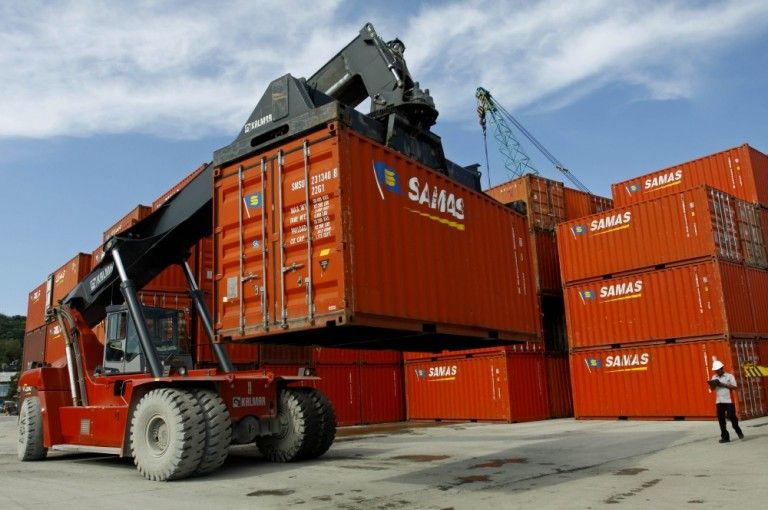Indonesia currently has 13 Regional Trade Agreements (RTAs), according to a report from the World Trade Organization (WTO).
In general, the Indonesian Government supports the liberalization of international trade and investment through its participation in various international and regional trade organizations.
On the one hand, Indonesia is a signatory to the GATT 1947 and a founding member of the WTO through the ratification of Law No. 7 of 1994 on the Agreement Establishing the WTO.
Furthermore, in 2017, the Indonesian government ratified the WTO Trade Facilitation Agreement.
In general, Indonesia has pursued the policy of strengthening regional and international integration through economic and trade cooperation initiatives.
Regional Trade Agreements
Parallel to the commitments assumed within the ASEAN framework, Indonesia maintains bilateral RTAs with Pakistan (Indonesia-Pakistan Preferential Trade Agreement -IP-PTA-) and Japan (Indonesia-Japan Economic Partnership Agreement -IJEPA-).
Over the past seven years, Indonesia has signed and implemented the Indonesia-Chile Comprehensive Economic Partnership Agreement (IC-CEPA); It also signed bilateral RTAs with Australia, the EFTA States and Mozambique, although as of April 2020 none had entered into force.
Based on the ASEAN-Australia–New Zealand Free Trade Agreement, the Indonesia-Australia Comprehensive Economic Partnership Agreement (IA-CEPA), which covers, among other things, trade in goods (tariffs, non-tariff measures and trade facilitation ) and services, as well as investments, were ratified by both countries in February 2020.
Then, on December 16, 2018, the EFTA-Indonesia Comprehensive Economic Partnership Agreement (CEPA) was signed, which broadens the base covering trade in goods, trade in services, investments, intellectual property rights, public procurement, competition, trade and sustainable development, and cooperation.
Other agreements
On August 27, 2019, the Indonesia Mozambique Preferential Trade Agreement (PTA) was signed, which only covers trade in goods.
Then, on November 25, 2019, a Joint Declaration on the Conclusion of Negotiations regarding the Indonesia-Korea Comprehensive Economic Partnership Agreement (CEPA) was issued, and both parties agreed to sign the Agreement in the first half of 2020.
In November 2019, the Ministry of Commerce prioritized the early conclusion of several international trade negotiations, including the Indonesia-Tunisia ACPR, the Indonesia-Morocco ACPR, the Indonesia-Bangladesh ACPR, the Indonesia-Mauritius ACPR, the ACPR Indonesia-Iran, CEPA Indonesia-European Union (IEU-CEPA), and CEPA Indonesia-Turkey (IT-CEPA).
Regional trade
ASEAN has served as a forum for the negotiation of several regional agreements and, in 2015, ASEAN leaders adopted the ASEAN Economic Community Plan 2025, which is a roadmap for the strategic integration of the economies of the ASEAN member states.
In 2009, ASEAN member states also signed the ASEAN Comprehensive Investment Agreement, which aims to create a free and open regime in ASEAN to achieve economic integration.
In addition, ASEAN member states have concluded six free trade agreements, namely: ASEAN Trade in Goods Agreement (ATIGA), ASEAN-China Free Trade Agreement (ACFTA), ASEAN Free Trade Agreement -Korea (AKFTA), the ASEAN-Japan Comprehensive Economic Association (AJCEP), the ASEAN-India Free Trade Agreement (AIFTA) and the ASEAN-Australia and New Zealand Free Trade Agreement (AANZFTA).
![]()

